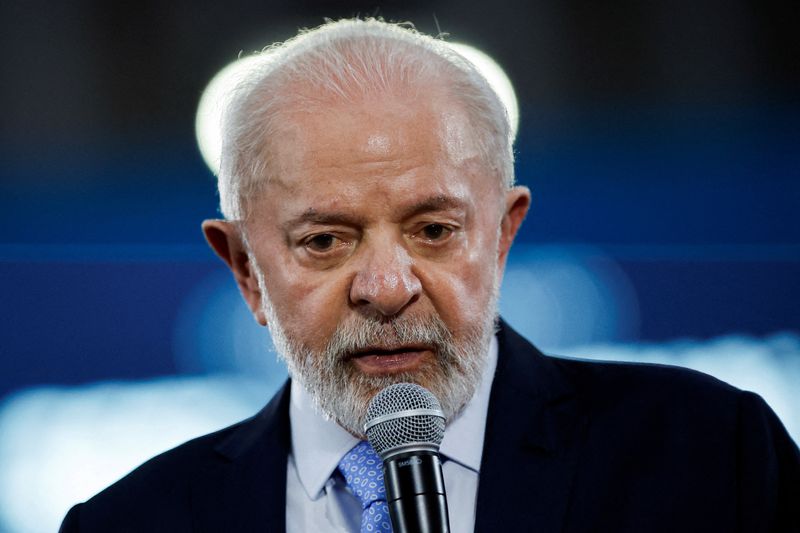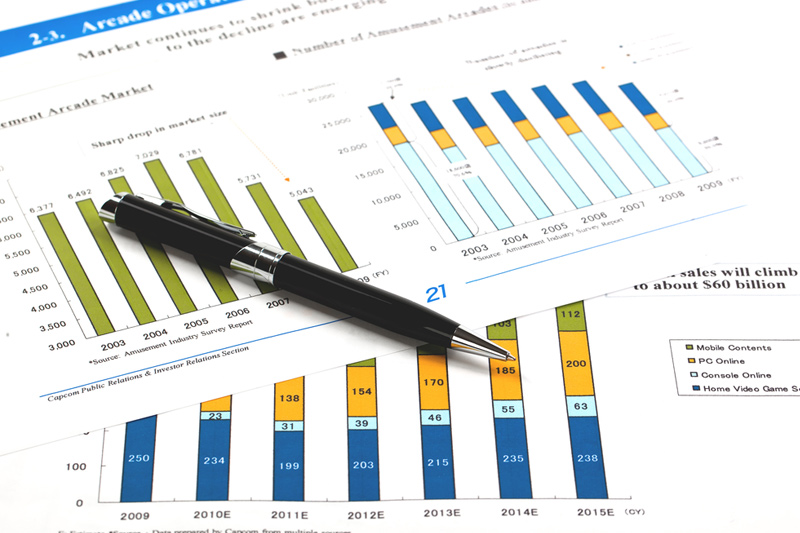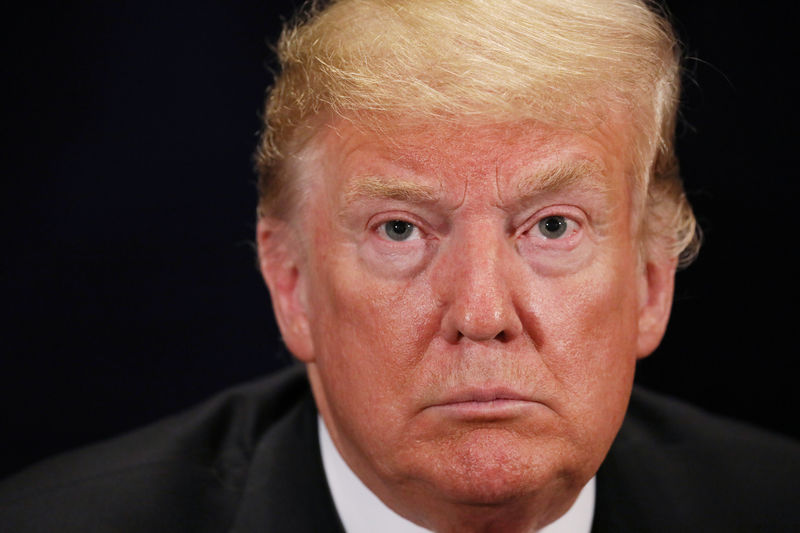By Anthony Boadle
BRASILIA (Reuters) – Emergency surgery to relieve a cranial hemorrhage has raised questions in Brazil over President Luiz Inacio Lula da Silva’s short-term agenda – and the vacuum he would leave on the left if he does not run for reelection in 2026.
Lula, 79, Brazil’s most popular politician, is midway through his third non-consecutive term as president, and his health has become a concern since a fall at home in October forced him to curtail travel. He was rushed to a Sao Paulo hospital overnight to drain blood from his head, doctors said on Tuesday.
Known for centralizing key policy decisions and negotiating directly with lawmakers, Lula’s health scare comes at a delicate time for his minority government, which is trying to push a package of spending cuts and tax reforms through Congress, a process that has kept financial markets on edge.
Political analyst Creomar de Souza highlighted the tense moment for Lula’s government: “They need to approve a bunch of measures in two weeks. Lula is key to the decision-making and reaching agreements with lawmakers.”
The more existential question hanging over the ruling Workers Party is if Lula will be able to run for reelection in 2026. Given his uncertain health and advanced age, concerns are growing among allies about who could fill his shoes if needed.
Lula suggested in a TV interview last month that he would like to see a political “renovation” in the next election, but if his candidacy is required to defeat the far right, then “obviously I’ll be ready to run.”
A poor showing for Lula’s Workers Party in municipal elections this year underscored for many analysts that the odds are stacked against his coalition if he is not on the ballot.
Carlos Melo, a professor of politics at Sao Paulo’s Insper business school, said the ruling party is not ready to function without Lula’s leadership: “Not in 2026, or even after that,” he said.
“For now, they would be completely doomed because Lula does not have any heir apparent,” said Mario Sergio Lima, senior Brazil analyst at Medley Global Advisors.
CONSERVATIVE SHIFT
The leading prospects for the next generation of Brazil’s left, such as Recife Mayor Joao Campos, still look a ways off.
“He is not somebody for 2026 and maybe not even for 2030, as he is so young,” Lima said.
Other Workers Party leaders such as Finance Minister Fernando Haddad and Education Minister Camilo Santana lack national exposure, Lima added, and the Brazilian electorate has become more conservative in recent elections.
That became evident in this year’s municipal elections when the Workers Party was trounced by center-right and right-wing parties across the country.
Lima said Lula looks like the only leftist leader who can effectively face a conservative candidate in 2026. “They would not have anybody. They would need to really reconstruct from the base up, which is not something easy and fast to do,” he said.
Andre Cesar at Hold Assessoria Legislativa, a consultancy, said Lula may soon fade from the political stage like U.S. President Joe Biden, who made a shock decision this year to give up his reelection bid after a poor showing in a televised debate.

“The left in Brazil has to recycle itself. It has to modernize, look to (Chilean President Gabriel) Boric, become more entrepreneurial,” Cesar said. “Important sectors of the Workers Party still have not understood this.”
“Without Lula, the Workers Party has to take this leap.”



